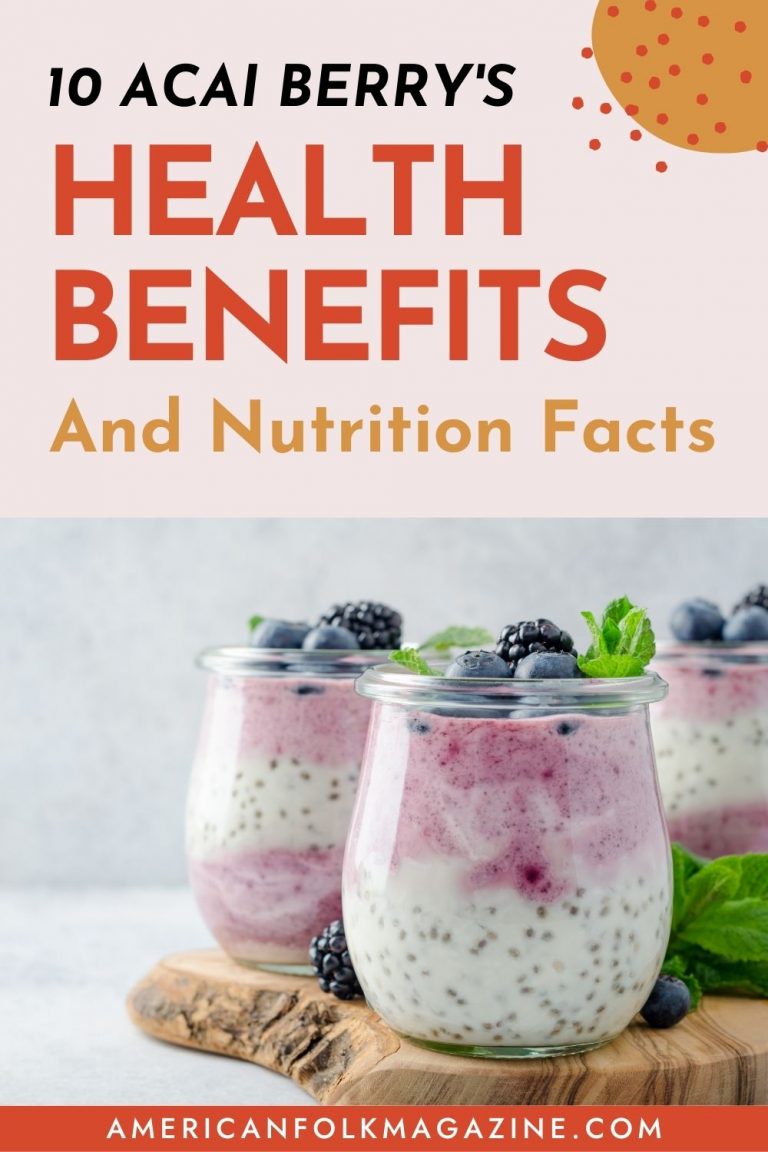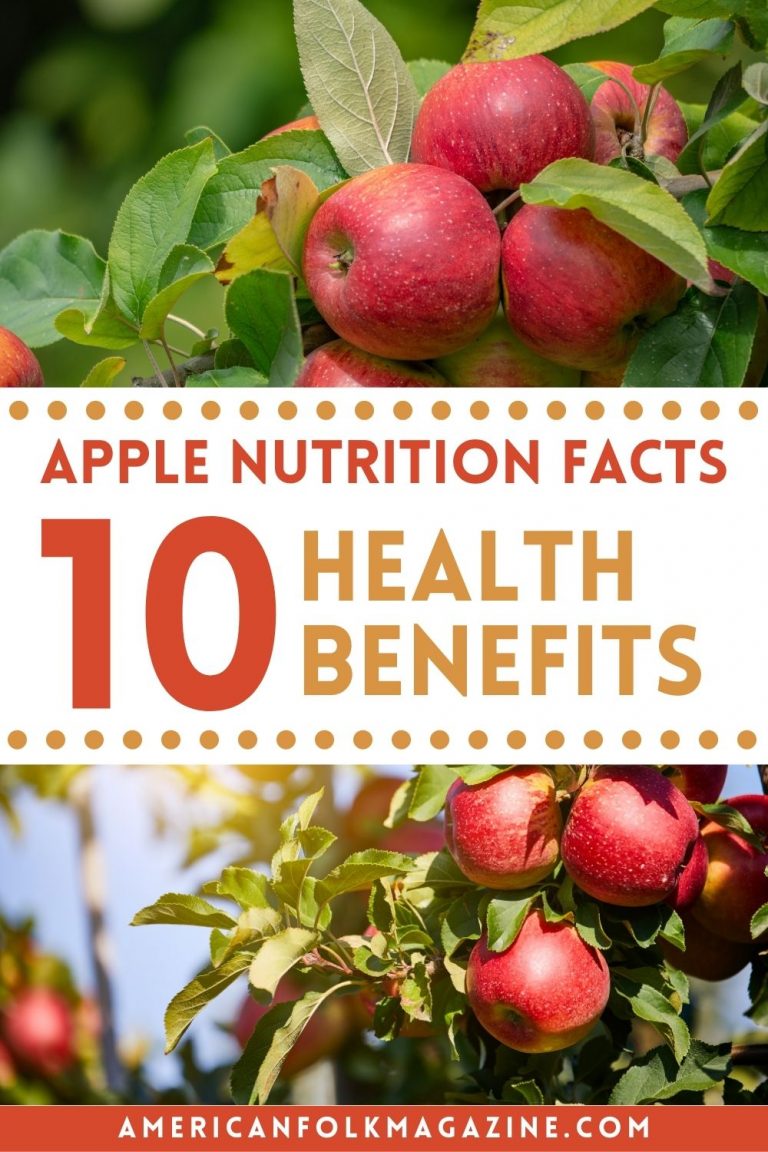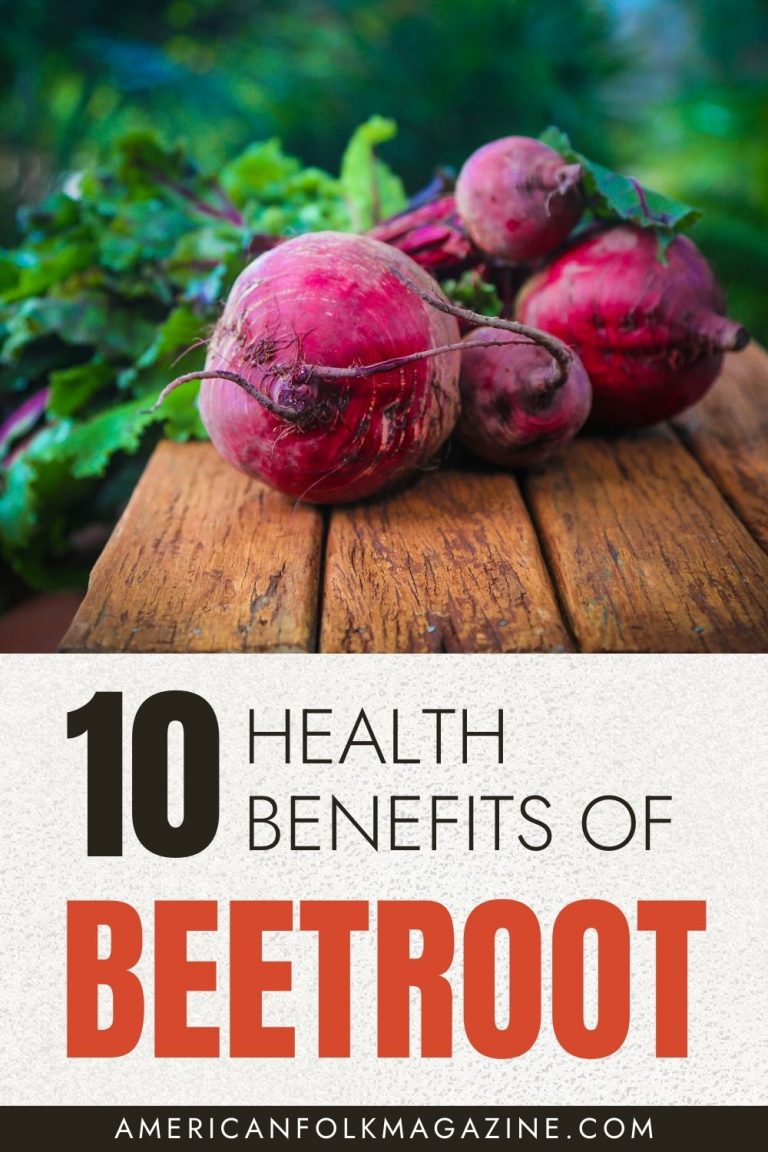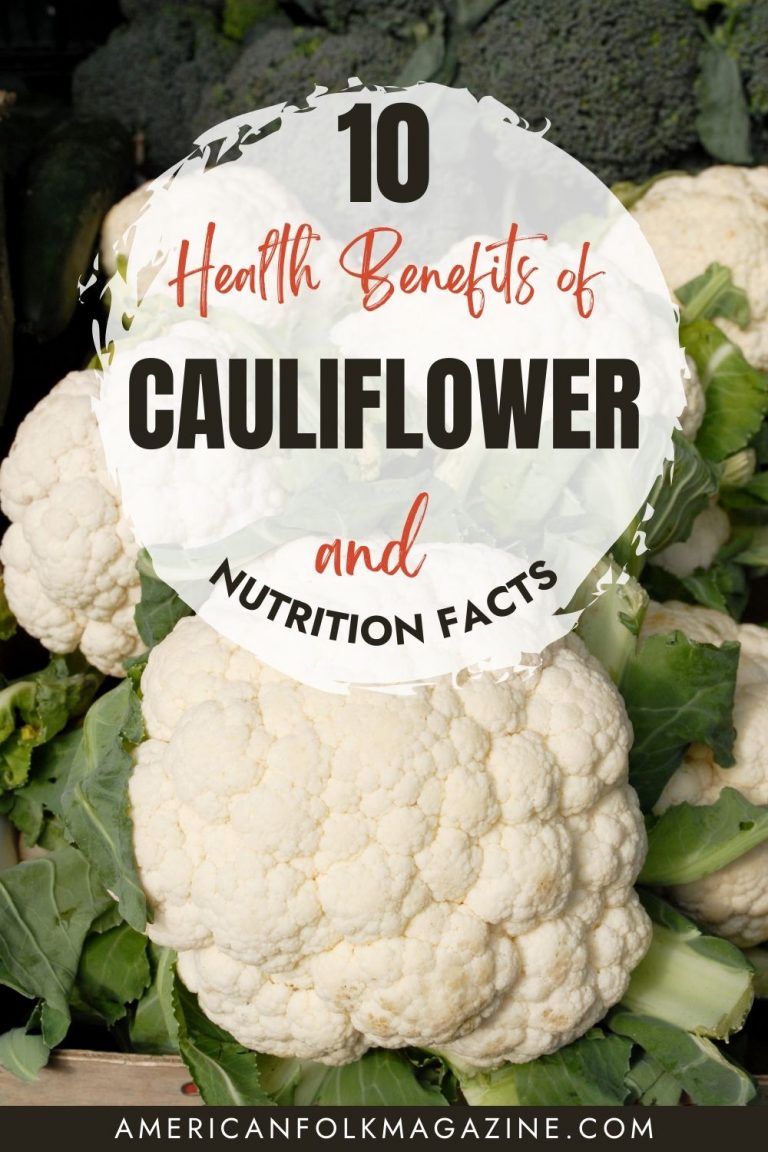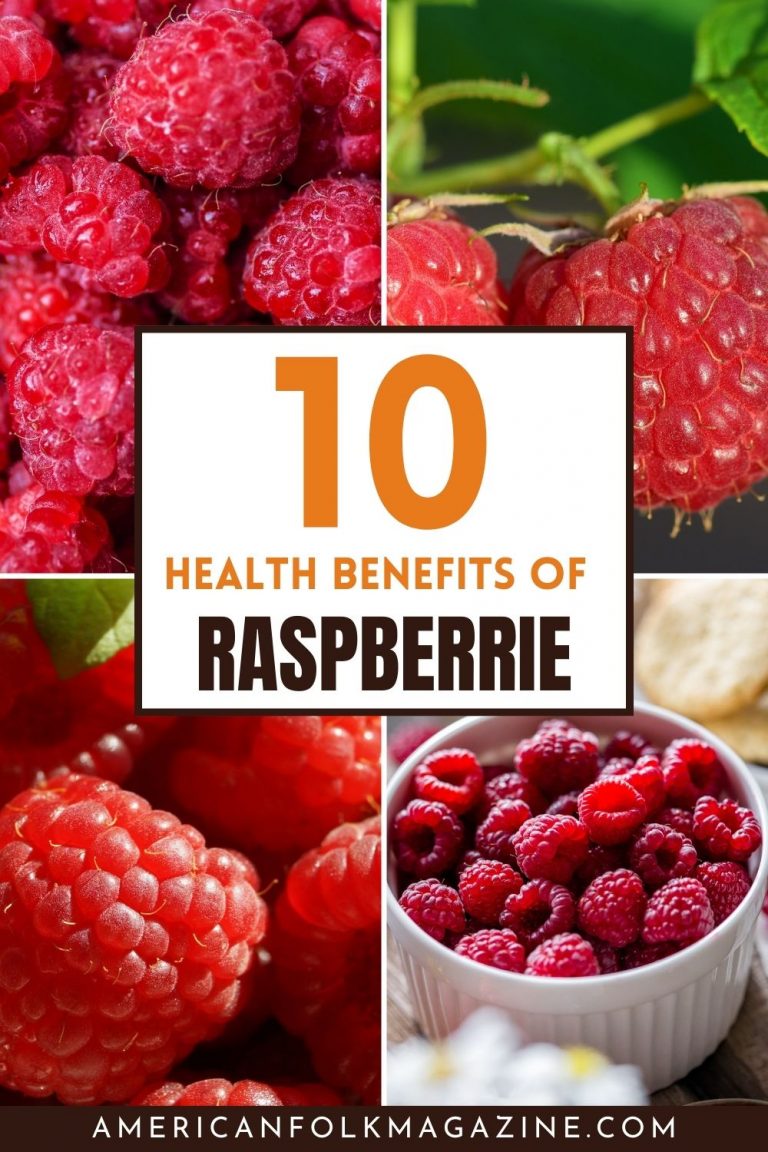Passion fruit is a tropical fruit that is known for its distinct sweet and tangy flavor. It is a great source of essential nutrients and has several health benefits. In this article, we will explore the nutrition facts of passion fruit and its ten health benefits.
Nutritional Content of Passion Fruit
Passion fruit is a tropical fruit with a unique flavor and a wealth of nutrients. It is low in calories and high in fiber, vitamins, and minerals. In this section, we will take a closer look at the nutritional content of passion fruit.
The following table provides the nutritional information for one passion fruit (18 grams):
| Nutrient | Amount |
|---|---|
| Calories | 17 |
| Carbohydrates | 4 grams |
| Fiber | 2 grams |
| Sugar | 2 grams |
| Protein | 1 gram |
| Fat | 0.2 grams |
| Vitamin C | 9% of the Daily Value (DV) |
| Vitamin A | 8% of the DV |
| Iron | 2% of the DV |
| Potassium | 2% of the DV |
As you can see, passion fruit is a good source of fiber, vitamin C, and vitamin A. It also contains small amounts of iron and potassium.
Passion fruit is low in calories and carbohydrates, making it a suitable choice for people who are watching their weight or managing their blood sugar levels. The fiber in passion fruit can help promote feelings of fullness and satiety, which may help prevent overeating.
Vitamin C is an important antioxidant that helps protect the body against damage from free radicals. It also plays a role in collagen production, which is essential for healthy skin, bones, and connective tissues.
Vitamin A is important for vision, immune function, and skin health. Iron is necessary for the production of red blood cells, which carry oxygen throughout the body. Potassium is essential for maintaining healthy blood pressure and heart function.
Top 10 Health Benefits
Passion fruit is a highly nutritious fruit that is packed with essential vitamins and minerals. In addition to its delicious taste, passion fruit also offers numerous health benefits. Here are the top 10 health benefits of passion fruit:
1. Boosts Immunity
Passion fruit is rich in vitamin C, which is essential for a healthy immune system. Vitamin C helps to stimulate the production of white blood cells, which are responsible for fighting off infections and diseases. In fact, just one passion fruit contains 30% of the recommended daily intake of vitamin C.
2. Promotes Digestive Health
Passion fruit is a good source of dietary fiber, which is essential for maintaining a healthy digestive system. Fiber helps to promote regular bowel movements, prevent constipation, and reduce the risk of colon cancer.
3. Supports Heart Health
Passion fruit is low in sodium and high in potassium, which makes it an excellent fruit for maintaining a healthy heart. Potassium helps to regulate blood pressure and reduce the risk of heart disease.
4. Improves Eye Health
Passion fruit is rich in vitamin A, which is essential for maintaining healthy eyesight. Vitamin A helps to prevent night blindness, macular degeneration, and other eye-related disorders.
5. Enhances Skin Quality
Passion fruit is rich in antioxidants, which help to protect the skin from damage caused by free radicals. Free radicals can cause premature aging, wrinkles, and other skin-related problems. The antioxidants in passion fruit help to keep the skin looking young and healthy.
6. Aids in Weight Loss
Passion fruit is low in calories and high in fiber, which makes it an excellent fruit for weight loss. Fiber helps to promote feelings of fullness and reduce appetite, which can help to prevent overeating and promote weight loss.
7. Helps Regulate Blood Sugar
Passion fruit is low in sugar and high in fiber, which makes it an excellent fruit for regulating blood sugar levels. Fiber helps to slow down the absorption of sugar into the bloodstream, which can help to prevent spikes in blood sugar levels.
8. Reduces Anxiety
Passion fruit contains a compound called harman, which has been shown to have sedative properties. This compound helps to reduce anxiety and promote relaxation.
9. Promotes Bone Health
Passion fruit is rich in calcium, which is essential for maintaining healthy bones. Calcium helps to prevent osteoporosis and other bone-related disorders.
10. Improves Respiratory Conditions
Passion fruit contains a compound called passifloric acid, which has been shown to have anti-inflammatory properties. This compound helps to reduce inflammation in the respiratory system, which can help to alleviate symptoms of asthma and other respiratory conditions.
How to Incorporate Passion Fruit in Your Diet
Passion fruit can be a delicious and nutritious addition to any diet. Here are some ways to incorporate it into your meals:
1. Eat it raw
One of the easiest ways to enjoy passion fruit is to eat it raw. Simply cut the fruit in half and scoop out the flesh with a spoon. The seeds are edible and add a nice crunch to the fruit.
2. Make a smoothie
Passion fruit can be a great addition to smoothies, adding a tropical flavor and a boost of nutrition. Combine passion fruit with other fruits like mango, pineapple, or banana, and blend with yogurt or milk for a creamy and delicious drink.
3. Use it in a salad
Passion fruit can add a tangy and sweet flavor to salads. Cut the fruit in half and scoop out the flesh onto a bed of greens. Add some nuts, seeds, and a simple vinaigrette for a refreshing and healthy salad.
4. Make a sauce
Passion fruit can be used to make a delicious sauce for desserts or savory dishes. Combine the fruit with sugar, water, and a pinch of salt in a saucepan and cook until it thickens. Use it as a topping for ice cream or as a glaze for chicken or fish.
5. Bake with it
Passion fruit can be used in baking to add a tropical twist to your favorite recipes. Add it to muffins, cakes, or bread for a unique and delicious flavor.
By incorporating passion fruit into your meals, you can enjoy its many health benefits while adding variety and flavor to your diet.
Precautions and Potential Side Effects
While passion fruit is generally considered safe for most people, there are some precautions and potential side effects to keep in mind.
Allergies
Some people may be allergic to passion fruit. Symptoms of an allergic reaction may include hives, itching, swelling, difficulty breathing, and anaphylaxis, a life-threatening condition that requires immediate medical attention. If you experience any of these symptoms after consuming passion fruit, seek medical help right away.
Interactions with Medications
Passion fruit may interact with certain medications, including blood thinners, sedatives, and medications for high blood pressure. If you are taking any medications, consult with your healthcare provider before consuming passion fruit.
Digestive Issues
Passion fruit is high in fiber, which can be beneficial for digestive health. However, consuming too much fiber can also cause digestive issues such as bloating, gas, and diarrhea. To avoid these side effects, start with small amounts of passion fruit and gradually increase your intake.
Pregnancy and Breastfeeding
There is not enough research on the safety of passion fruit during pregnancy and breastfeeding. Therefore, it is best to avoid passion fruit if you are pregnant or breastfeeding.
Oxalate Content
Passion fruit contains oxalates, which can contribute to the formation of kidney stones in susceptible individuals. If you have a history of kidney stones, it is best to limit your intake of passion fruit.
Overall, passion fruit can be a healthy addition to your diet, but it is important to be aware of these precautions and potential side effects. If you have any concerns or questions about consuming passion fruit, consult with your healthcare provider
References:
- Passion Fruit: Nutrition, Benefits, and How to Eat It (healthline.com)
- Passion fruit: 8 benefits and nutrition (medicalnewstoday.com)
- Passion Fruit Nutrition Facts and Health Benefits (verywellfit.com)
- Health Benefits of Passion Fruit (webmd.com)
Pin It In Your Board




